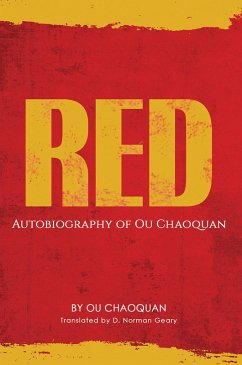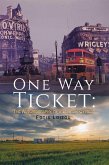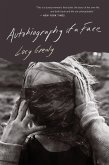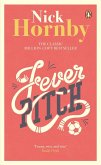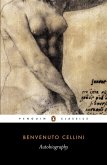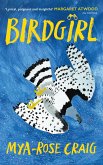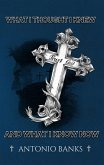Pride and prejudice, war and peace, crime and punishment all feature in this autobiography of an ordinary person in China. The account spans eight turbulent decades, with love struggling through a torrent of change. The author's boyhood name was Red. He grew up in a Dong-minority village in remote southwestern mountains, where most people were rice farmers. Red supported the 1949 transition to communist rule, accompanied research expeditions into minority areas, and in 1959 completed his Beijing-based research studies. In 1965, he was sentenced to re-education through labour. On being rehabilitated in 1979, Red spent 16 more years as a university lecturer, becoming professor of anthropology. After retirement in 1995, he kept writing, and over the following 16 years, he published several academic books. Red has lived by the slogan 'study to death, die to study, die studying'. This book documents Chinese society in the period 1930-2011 from his personal perspective.
Dieser Download kann aus rechtlichen Gründen nur mit Rechnungsadresse in A, B, BG, CY, CZ, D, DK, EW, E, FIN, F, GR, HR, H, IRL, I, LT, L, LR, M, NL, PL, P, R, S, SLO, SK ausgeliefert werden.

